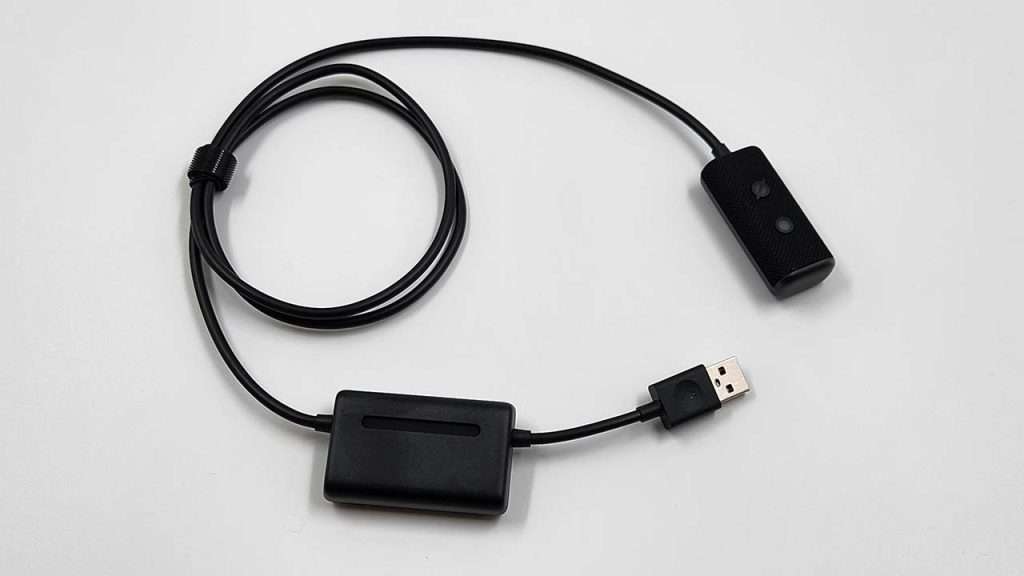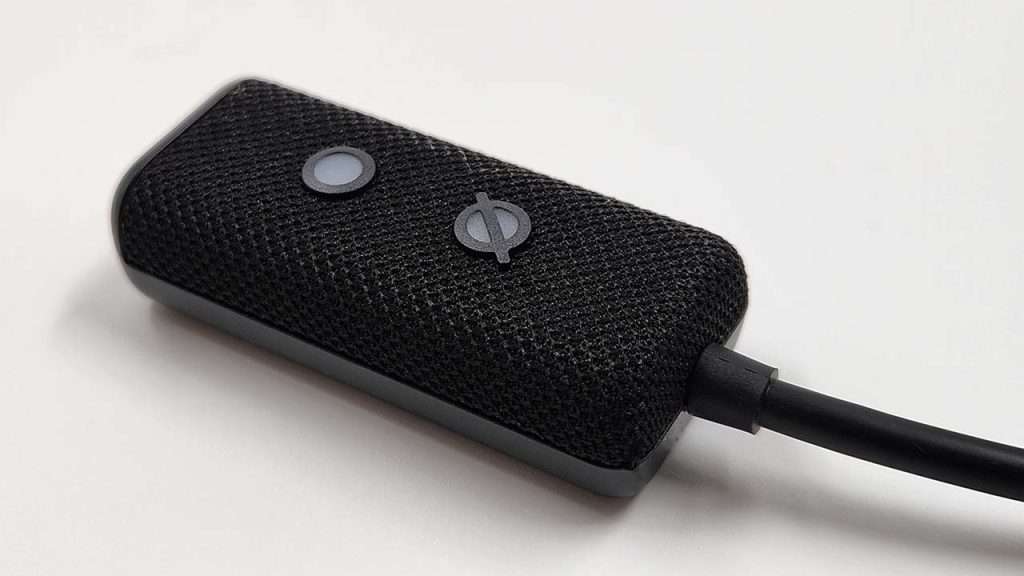If you have a vehicle that doesn’t have Apple CarPlay or Android Auto, Amazon’s Echo Auto allows you to get a hands-free, smart assistant experience in your car. But it comes with some caveats.
First, your car must support Bluetooth or have an AUX port to use this device. You need an Amazon account, and you need to download the Alexa app on your phone.
The microphone on offer here is excellent. With five in-built mics, it easily picks up your voice, and the device is easy to set up. But this is a $110 purchase, which is expensive, especially when you can use the voice assistant already on your phone. If your car has Bluetooth capabilities, you can connect your phone to the stereo and use the in-built voice assistant like Google Assistant or Siri. You’ll get a similar experience without coughing up over $100.
This means the Echo Auto only appeals to someone who doesn’t have Bluetooth in their car but has an AUX port. And if you’re one of those people – of which I’m sure there aren’t many – the Echo Auto does a good job of allowing you to use your stereo hands-free. You can use it like any other Alexa device. You can make calls, send messages, change music, add to your shopping list and more.
But if you have Bluetooth in your car, save yourself some money and use the voice assistant on your phone. It’s easier to set up and often works better than Alexa.
Pros
- Great microphone
- Easy to setup
- Ideal for a car with only an AUX port
Cons
- Expensive
- Setting up the Alexa app is annoying
- Can use your phone with Bluetooth instead
Price
The Echo Auto (2nd Gen) costs $110.
Setup
Physically setting up the Echo Auto is a doddle. In the box, an accessory plugs into the cigarette lighter outlet with a USB-A and a USB-C port for power. There’s a speaker module that plugs into a USB-A port and a microphone module. All you have to do is connect those three items, and you’re away. It’s small and compact, and I didn’t find it bothersome when driving.
The cord is long enough so you can easily set it up somewhere where it will be able to pick up your voice, and there’s an included 3.5mm cord if you opt for an AUX input.
The microphone has two buttons on it, action and mute. You use the action button to alert Alexa that you want to ask it something – you can also say “Alexa,” – and the mute button mutes Alexa so it can’t hear you….obviously.
On top of the microphone is a light that shows what the device is doing. If the light is blue, Alexa is listening. If it’s red, the microphone is off; yellow, there’s a new notification; green, a call is coming through and orange, the device is ready to be set up. If you can place the microphone in a position where it sits in your peripheral vision, it’s a nice touch and helps keep you from looking at your phone while driving.
The microphone sits on an adhesive magnet that works well. It’s very sticky, and it holds its position as long as you can find a flat surface on your dashboard. Once I put the microphone on, it never moved.
I appreciated that everything can be unplugged as well. If you want to hide the microphone, you can easily unplug it and put it in the glove compartment or centre console.

Functionality
To use the Echo Auto, you need to connect it to your car’s Bluetooth or AUX input and pair it with your phone. If you have an older vehicle that has neither an AUX input nor Bluetooth, the device isn’t going to work.
I tested it with my Bluetooth sound system. While it was easy enough, it’s more convoluted than simply connecting my phone via Bluetooth and using the voice assistant already on there, in this case, Google Assistant.
You need to download the Amazon Alexa app and have an Amazon account to gain access to voice commands and features. This allows you to make calls, play music, send texts and do everything you would do with any Alexa device.
On the surface, it sounds great, but it’s a bit hit-and-miss. Getting the app to recognise my contacts was a mission. It constantly didn’t work, prompting me to add Alexa contacts instead of phone numbers. Similarly, you must go into the Alexa app and pair it with other apps like Spotify and Google Maps to use them. This is much more hassle than connecting your phone via Bluetooth, especially when most apps work straight out of the gate using this method.
I also didn’t find it as accurate as Google Assistant. It often couldn’t work out who I was trying to call when saying commands like “Alexa call Mum,” and it especially didn’t work well with third-party apps like WhatsApp.
Like most tech products, the Echo Auto works best with other Amazon services. Adding things to my Amazon to-do list or shopping list was a breeze.
Unfortunately, we don’t have many Amazon services here in New Zealand, and I felt I was missing out on advanced features. We don’t get the Amazon marketplace; we don’t have Amazon shopping, and we only get select hardware here.
If you want to get the most out of the Echo Auto, you need to be part of that ecosystem. If you are, adding to your shopping list or controlling your Alexa home devices via your car is excellent. But if you aren’t, it’s not nearly as helpful, and you’ll be better served using the voice assistant on your phone.
With that said, if you don’t have Bluetooth in your car, and have an AUX input, then this is a good way of getting hands-free capabilities on your stereo. The microphone is the highlight. With its five in-built mics, I never had a problem with the device hearing what I was saying, even with my windows open or my music playing. It works well and did a better job of hearing me than my phone did.

Verdict
The Echo Auto (2nd Gen) offers a convenient and easy way to get a hands-free, smart assistant in your car. It’s easy to set up and is well-made. However, this is a device that will only benefit a select few.
Regarding functionality, the Echo Auto requires a connection to your car’s Bluetooth or AUX input. This means if you’re in an older vehicle that lacks these, it won’t work. And if your car does have Bluetooth capabilities, why not connect directly to the stereo and use the voice assistant on your phone?
I found it much easier to connect my phone to my car – via Bluetooth – and use Google Assistant, as opposed to having to download the Alexa app and set up my favourite apps and import my contacts.
When considering that, the Echo Auto only benefits those with only an AUX port in their car but no Bluetooth capabilities. And these days, I’m not convinced that’s many people.
If your car lacks Bluetooth but has an AUX input, the Echo Auto can provide a practical hands-free solution for your stereo system. The microphone’s performance stands out, with its five built-in mics ensuring clear voice recognition even in noisy environments. But if your car is just a little more advanced and has Bluetooth capabilities, the $110 for the Echo Auto isn’t worth it.

